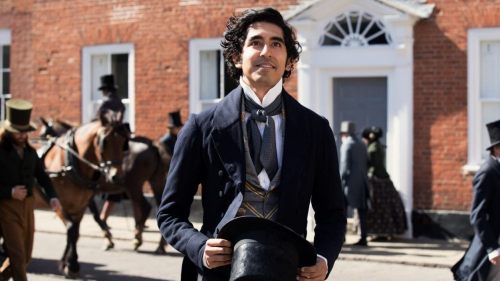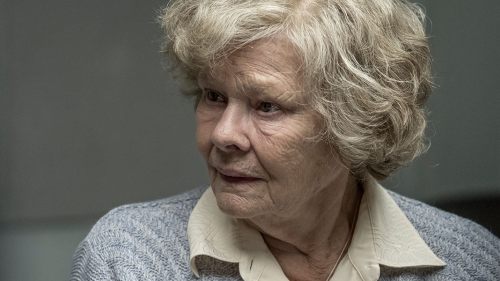TIFF 2018 Review: THE SISTERS BROTHERS Is As Compassionate As It Is Bloody
If nothing else, Jacques Audiard is an extremely adaptable filmmaker. Since breaking out with his blistering crime thriller A Prophet, no concept seems out of reach; having made films that detail the lives of people ranging from whale trainers to Sri Lankan Tamil warriors. With his first English language film The Sisters Brothers, Audiard has made what may end up a fairly anomalous entry in the Western genre.
Unlike other revisionist Westerns, dedicated to showcasing the brutality of existence in the old West (think The Hateful Eight or Bone Tomahawk) The Sisters Brothers is, surprisingly, far more compassionate - embroiling us in the feelings of the brothers as they reconcile with a trauma from their childhood. Set sometime in the 1850s, the film follows Eli Sisters (John C Reilly, as good as ever) and his younger brother Charlie (Joaquin Phoenix, harnessing the energy of Doc Sportello). The film opens during the end of one of the brother’s contracts, a gun battle that plays out in pitch black, illuminated only by muzzle flashes. The two are ruthlessly efficient, executing their targets with extreme prejudice and without a second thought.
After a quick ride across the wilderness, the brothers receive their next contract - a hit on a man with the rather unique name of Hermann Kermit Warm (Riz Ahmed), a prospector who has discovered a chemical formula that streamlines the process of hunting for gold. Of course the brothers’ elusive employer, known only as ‘The Commodore’, wants that formula for himself. At first pursued by Detective John Morris (a peculiarly accented Jake Gyllenhaal), Warm soon entices him to his cause, hoping to use the gold to establish an equal and less hateful society, and the two go on the run together. It’s easy to see why anyone, particularly Eli, would be convinced by Hermann, a softly spoken idealist played with incredible warmth by Ahmed (who might have the kindest eyes in Hollywood).
Speaking of the Sisters Brothers themselves, Phoenix and Reilly are an excellent pair, doing well to embody the brother’s long-tested relationship. Reilly is sensitive and regretful as Eli Sisters, while as Charlie, Phoenix lets the character’s trauma bubble under the surface, constantly numbing the pain of his past with booze and various other carnal pleasures. Although it’s always clear that they love each other, thebrothers are constantly at odds. Eli has had enough of the violence, and wishes to leave their life behind and settle down with his wife-to-be; Charlie can’t think of anything else he’d rather do.Even with their charming, sometimes hilarious bickering, Audiard doesn’t shy away from the fact that the brothers are in the business of killing - their morals have to be for sale.
This is clearly shown to weigh on Eli’s soul, and to some extent, Charlie’s as well. Despite his love of the thrills of being a gun-for-hire, the film shows glimpses of an underlying trauma from long ago through horrifying, feverish dream sequences. Though he has a rough exterior, the film makes Charlie’s adoration of his brother clear, despite his constant mockery of him.
It’s refreshing to watch a film of this genre that eschews typical themes of vengeance or narratives around the lone gunman - opting instead to focus on the bonds between family, by blood or otherwise. The relationship between Warm and Morris in particular feels tender in a way that Westerns often don’t, and the film makes good use of the chemistry that already exists between Gyllenhaal and Ahmed from past work together such as Nightcrawler.
The Sisters Brothers is a difficult film to talk about because of how fully Audiard embraces the paradoxes of the old West. It’s a bloody, violent film about the want to escape bloody violence. Although the characters are colourfully named, the film isn’t exactly whimsical. The dreams of the new frontier clash with the brutal reality of living there; even Warm’s magic formula to save the world results in a chemical that burns to the touch. The film constantly zigs and zags away from convention, eventually culminating in a delightfully bizarre anti-climax, and it becomes crystal clear that the film has no interest in vendettas, stand-offs or blazes of glory. The ultimate goal of the film is to heal, something that can’t be achieved via the barrel of a gun. As humanist and hopeful as it is violent, The Sisters Brothers presents a grim, dog-eat-dog world with a surprising amount of hope and tenderness.



